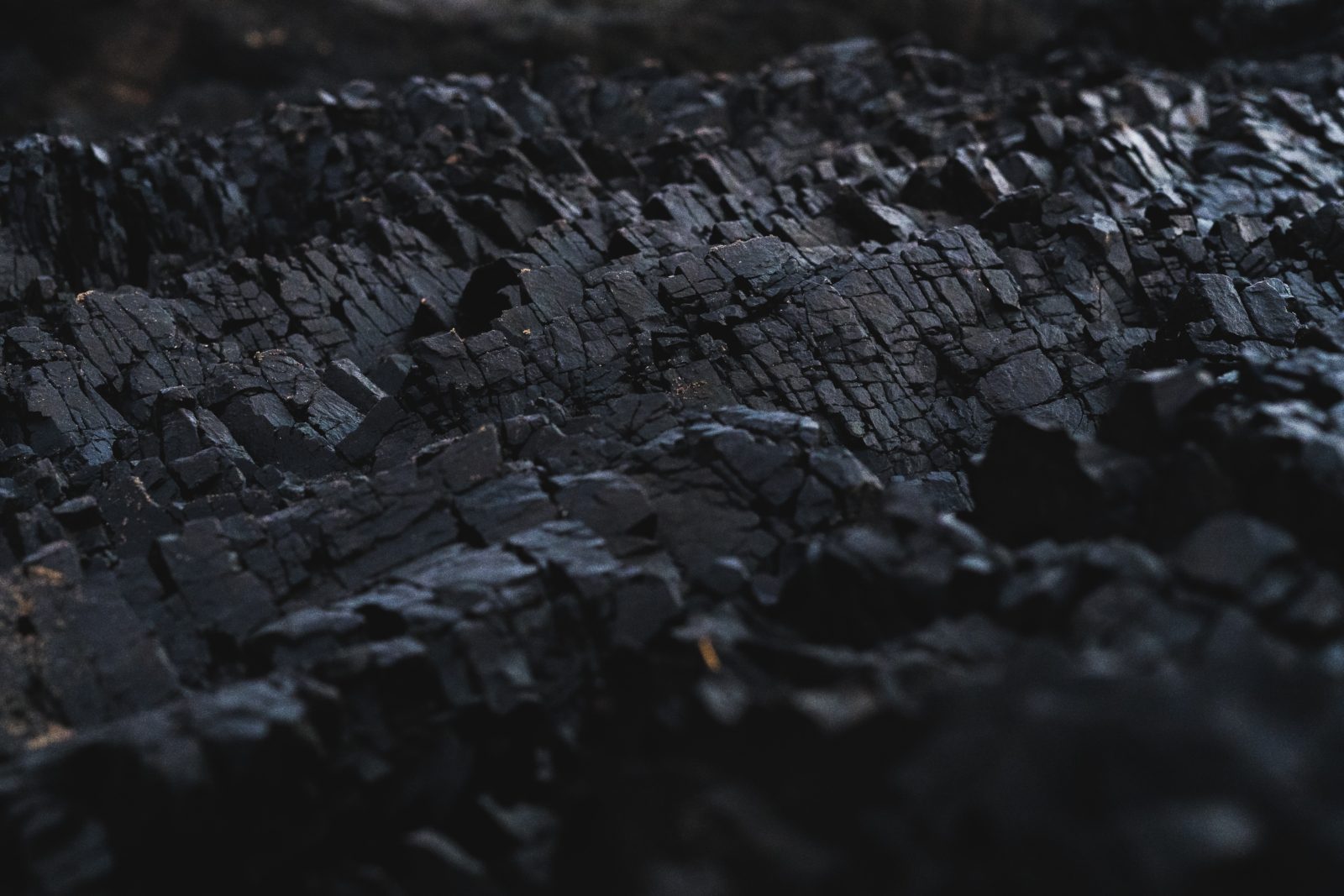In a surprising turn of events, the Czech Ministry of the Environment has decided to backpedal on its plan to ban the sale of coal, anthracite, and coke in Czech stores starting from January 2025. The initial proposal faced significant backlash and criticism during the public consultation, prompting the ministry to reconsider its stance.
The ministry initially warned about the long-term cost increase of coal. However, after the public outcry, they have removed the ban from the proposed legislation. According to Lucie Ješátková, the ministry’s spokesperson, this means that manufacturers of solid fossil fuel sources will still be able to introduce these products to the market as long as they comply with legal requirements.
The decision has been met with support from the Association of Heating Technology Companies, which opposed the ban. Zdeněk Lyčka, the association’s executive director, welcomed the change, emphasizing the lack of consultation and the rushed nature of the initial ban.
While the ministry argued that the ban contributed to fulfilling the Czech Republic’s climate commitments, it faced pushback from companies, who pointed out that people could purchase boilers from neighboring countries like Poland and Slovakia and bring them into the Czech Republic. This raised concerns about the potential impact on domestic manufacturers.
The uncertainties regarding the unequal treatment of domestic manufacturers and the potential circumvention of the ban through imports have not been entirely resolved, admitted Ješátková.
The original ban proposal had also faced criticism for its potential social impact. As many areas in the country are still not connected to gas infrastructure, alternative options like wood-burning stoves or expensive heat pumps remain the only choices for households. The Local Government Association of the Czech Republic rejected the ministry’s initial plan based on these grounds.
Instead of restrictions, the ministry now intends to encourage households to replace outdated heating sources with more environmentally friendly alternatives. The New Green Savings program offers subsidies ranging from 30,000 to 140,000 Czech koruna for replacing old coal boilers with biomass sources or heat pumps, depending on the specific solution. Low-income households can also benefit from boiler-specific grants, covering up to 95% of the costs for replacing old boilers with heat pumps or biomass boilers, reaching up to 180,000 and 130,000 Czech koruna, respectively.
While the decision to abandon the ban may be seen as a setback for environmental goals, the focus on incentivizing the transition to cleaner heating sources could lead to a more sustainable and gradual shift away from coal in the long run. The ministry’s revised approach aims to balance environmental concerns and the practical realities households across the country face.





